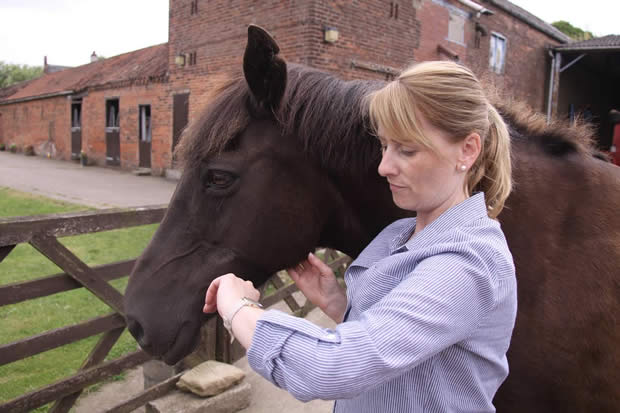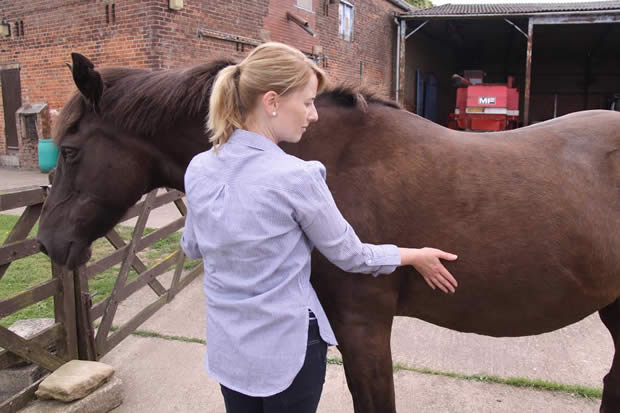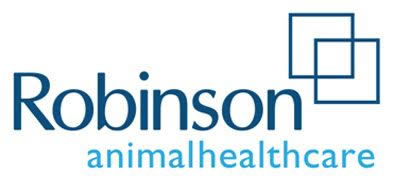
Horseytalk.net Special Interview
Robinson Animal Healthcare
Do you know what is normal in terms of vital signs for your horse?
In the case of an emergency this knowledge can prove vital.

Here Robinson Animal Healthcare explains…
If your horse suffers an injury or is unwell, do you know how to test your horse's vital signs to enable you to spot a problem early or pass on valuable information to your vet before he reaches the yard?
In order to know when something is amiss you need to know what is actually normal for a healthy horse and how to check.
The vital signs are pulse rate, respiratory rate and temperature and are all used to access the condition of the horse.
Pulse Rate
The horse's resting pulse is between 35 and 40 beats per minute, and is a useful aid to diagnosis; an abnormal resting pulse rate can signify infection, dehydration, stress, pain and an erratic heartbeat. When a horse is in pain the pulse rate will usually rise considerably.
The larger and more placid the horse, the slower the rate. A resting rate of above 50 is usually significant.
The easiest way to take the pulse is to run your fingers down the inside of your horse's left cheekbone until you feel the mandibular artery; this is located in the chin groove. Gently press with your first two fingers and record the number of beats over a period of one minute, paying close attention to the strength of the pulse as well as the number of beats.
Respiratory Rate
The respiration rate is the number of breaths a horse takes per minute or how often they breathe in and out. The normal resting rate of a healthy adult horse is around 8 – 16 breaths per minute. There should be gentle movement in the nostrils and limited effort noticed in the rise and fall of the flanks.
A change in respiration can be noticed by observation as the horse requires more effort to breath; this can be affected by the environment, such as warm weather, and is naturally increased during exercise.

Temperature
The temperature is one of the most useful guides when accessing a horse for illness, with a rise indicating a possible infection, such as an abscess and a fall in temperature being symptomatic of blood loss. For a healthy adult horse the temperature is between 38°C and 38.4°C.
To take a horse's temperature, lubricate the bulb end of the thermometer with petroleum jelly and gently insert into the rectum. Hold firmly for about one minute against the rectum side wall.
Any deviation from these normal vital signs should be taken as an indication that something is wrong, however whenever attempting to check any of the vital signs ensure your horse is calm and you are not placing yourself in any danger, if in doubt always leave this to your vet.
Robinson Animal Healthcare is a long established manufacturer of animal first aid wound care and absorbents, including market leading brands such as Animalintex® and Veterinary Gamgee®. These products have been tried and tested in the equine market and together offer complete solution to everyday first aid requirements for riders and veterinary surgeons.
For further information contact Robinson Animal Healthcare on 01909 735000 or visit www.robinsonhealthcare.com



